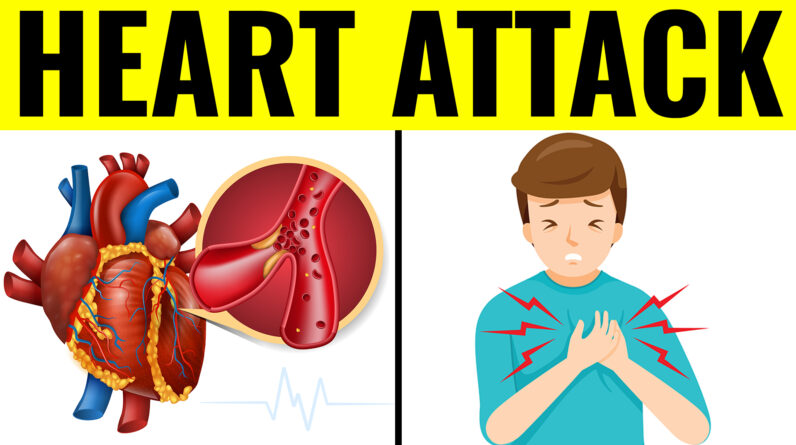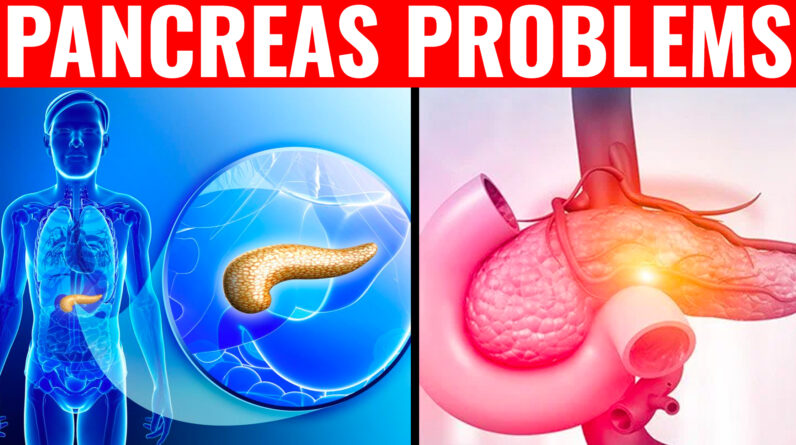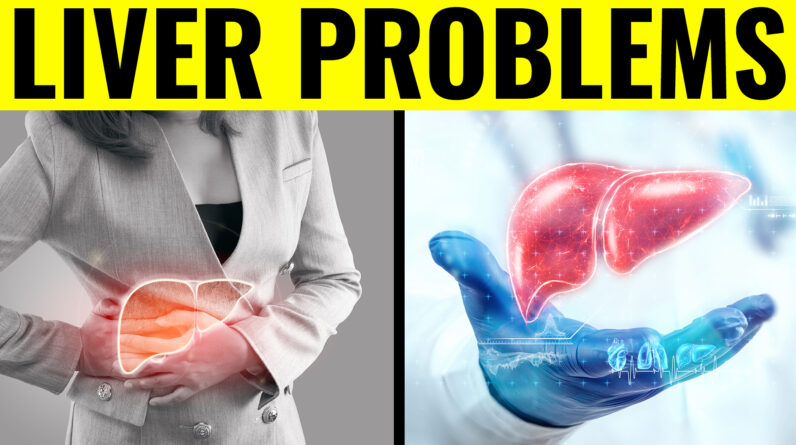
SIBO, which stands for Small Intestinal Bacterial Overgrowth, is a condition that happens when the small intestine is overtaken by too many bacteria. Typically, of the two intestines, it is the large intestine that is home to more bacteria. The small intestine hosts very few.
So, when there is an overpopulation of bacteria in the small intestine, whether the good kind or the bad kind, it would be too much for the small intestine to handle.
This could lead to a number of complications including pain, gas, diarrhea, and malnutrition in some cases, considering that the bacteria living in the small intestines could feast on the food that the person with SIBO eats.
Here is how it goes: the bacteria in the small intestine are meant to digest carbs and convert them into short-chain fatty acids and gas. So, more bacteria in the small intestine means more gas production, but it doesn’t end there. The extra gas, and other byproducts, end up triggering diarrhea, which is another symptom of SIBO.
Even worse is the fact that the bacteria end up consuming the proteins and vitamin B12 that the body should have used as nourishment, leading to malnourishment in the long term.
Also, these same bacteria consume the bile salts that are meant to help the body to digest fats. Because these salts are no longer in adequate supply, the body would find it difficult to properly digest fats. And this would cause a number of gastrointestinal issues in the short term, and malnutrition in the long term.
SIBO seems to be underdiagnosed, especially among healthy people. This is probably due to the fact that most mild cases of SIBO are asymptomatic, and even the moderate to severe cases present symptoms that are not very specific.
However, research has shown that about 80% of people suffering from Irritable Bowel Syndrome also have SIBO.
Judging from this rundown of what SIBO is, you’ll have to agree that it is a serious condition that needs to be taken care of as quickly as possible.
To do this, it is important to know what signs to look out for, but before we go there, it is important that we find out what causes SIBO in the first place.
Well, research into the causes of SIBO have not been conclusive. Doctors cannot exactly say that this or that causes SIBO. However, there are certain factors that could predispose one to developing SIBO. These factors include:
1. Low Motility
Motility refers to the ability of the muscles of the digestive tract to undergo contraction. And by contraction, we are basically talking about the intestines pushing food and bacteria through the digestive tract.
Now, if the motility level is adequate, the whole contraction process should move smoothly, making it practically impossible for bacteria to accumulate in the small intestine, leading to SIBO.
Unfortunately, some people have low motility which slows down the process of contraction, causing bacteria to accumulate in the small intestine and allowing food to ferment there.
Now, there are a number of conditions that can cause low motility, including thyroid disorders, Parkinson’s disease, and diabetes. And low motility looks to be the most important risk factor for SIBO
2. Low Levels of Stomach Acid
An insufficient amount of stomach acid might make it easy for bacteria to move higher up the digestive tract than they usually do, typically because the gut is no longer acidic enough to kill them.
For some reason, this makes one predisposed to developing SIBO, but research has not been able to give any concrete reason for this.
Conditions that can cause low levels of stomach acid include stress, age, bacterial infection, medications, and surgery.
3. Microbiome Imbalance
If your microbiome is imbalanced, it means that you either have too much of the harmful bacteria or too little of the good kind.
Now, this imbalance is quite damaging because it slows down intestinal motility, making it difficult for the body to get rid of excess bacteria in the small intestine.
Conditions that can cause microbiome imbalance include accidentally consuming chemicals like eating fruits with a little pesticide on it, consuming too much sugar and additives, and new medications like antibiotics.
4. Alcohol Abuse
Consuming too much alcohol puts one at risk of microbiome imbalance because it damages the microbiome. This, in turn, could result in SIBO.
5. Structural Differences
People whose digestive tracts are structurally different from the norm are also at risk of developing SIBO. These structural differences include fistulas and a shortened colon. And the risk of developing SIBO exists whether or not a person is born with these structural differences.
While these conditions might put one at risk of developing SIBO, there are several conditions that have been associated with the condition. That is, it has been discovered that SIBO is somewhat common among people who have any of the following conditions:
- Stomach bug
- Crohn’s disease
- Nerve damage
- Cirrhosis, which is basically late stage liver problems.
- Irritable Bowel Syndrome
- Celiac disease, which is basically an abnormal immune reaction to gluten.
- Poor immune system
- Portal hypertension, which is basically high blood pressure in the portal vein which carries blood from the digestive organs to the liver.
- HIV
- Diabetes
- Systemic Sclerosis
- Certain gastric bypass procedures
- And surgeries that cause adhesions
Now that we have an idea of what SIBO is and what factors could predispose one to the condition, it is time to ask: “what signs should we be looking out for?”.
The symptoms of SIBO are understandably similar to the symptoms of a number of other digestive problems. They include:
- Abdominal pain
- Gas
- Diarrhea
- Constipation
- Indigestion
- Abdominal distension
- Unintended weight loss
- Nausea
- Bloating
- And fatigue.
If you are experiencing one or more of these symptoms, it is easy to dismiss them as something else and treat them as such. However, whether or not these symptoms end up being SIBO, you should consider speaking with your doctor if you can afford to.
Your doctor would subject you to a test or two to determine whether indeed you have SIBO. Some of these tests include:
- Breath Test: This is a quite common test for diagnosing SIBO. The reason this is done is because the build up of bacteria in the small intestine causes an overproduction of gasses which are basically a mix of hydrogen and methane. Both of which can be identified through a breath test. Breath test is non-invasive.
- Small Bowel Culture: This one is actually more accurate than the breath test but it isn’t as commonly used because it is invasive. Basically, what happens is that a tissue sample is taken from the small intestine using an endoscope. Then the sample is taken to the lab where an analysis of the bacteria is done.
- Other Tests: Aside from the two already mentioned, your doctor might conduct a blood test to detect inflammation, a mobility test to determine whether there are structural problems with the small intestine, or a stool test to analyze the microbiome in the gut.
If it has been discovered that you have SIBO, there are a number of treatment options that are available to you. I should mention that SIBO can be quite difficult to treat, so your doctor might recommend a combination of two or more of these treatment options:
- Antibiotics: Your doctor might recommend one type or a combination of antibiotics. The idea of taking antibiotics is, of course, to kill off some of the excess bacteria in the small intestines. However, recurrence rates after treating SIBO are pretty high, so treating the condition is definitely not enough. Your doctor will also have to recommend treatment for the underlying cause of the condition.
- Probiotics: Not every doctor agrees that probiotics are effective for treating SIBO, and this is because the results are polarizing. On the one hand, taking probiotics has helped some people to improve their motility and reduce the hydrogen in their breath. But on the other hand, it has worsened the symptoms for some. So, your doctor might or might not prescribe probiotics.
- SIBO Diet: You might be put on a diet to help manage the condition and lessen the symptoms. The whole idea of the SIBO diet is to reduce the food substances that the human body does not break down so that the bacteria cannot feed on them. This diet thing might vary from person to person, though.
Finally, I’m sure you want to know if there is anything that you can do to keep from developing SIBO. Well, kinda. While nothing is 100% foolproof, there are certain things that you can do to improve the health of your gut and they include:
- Eat a balanced diet, not forgetting your fruits and veggies.
- Stop smoking
- Treat your hypochlorhydria, which is the insufficient stomach acid.
- And treat or manage other conditions including diabetes and other digestive issues.
Once again, there is no way to guarantee 100% protection against SIBO. But maintaining a healthy lifestyle should significantly reduce your chances.







